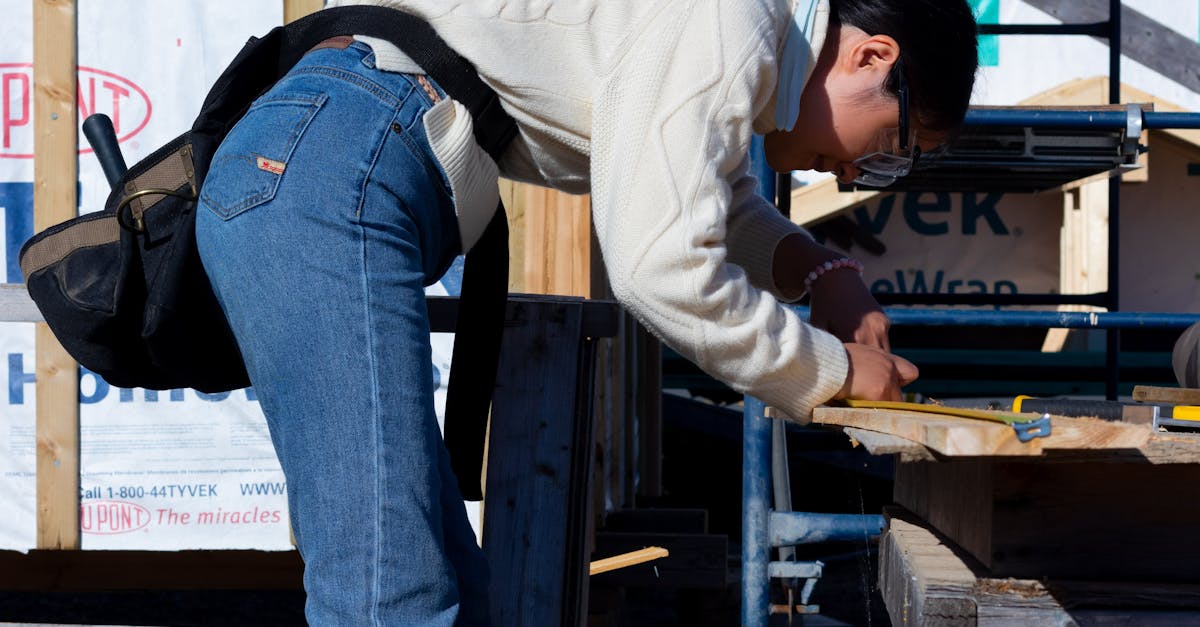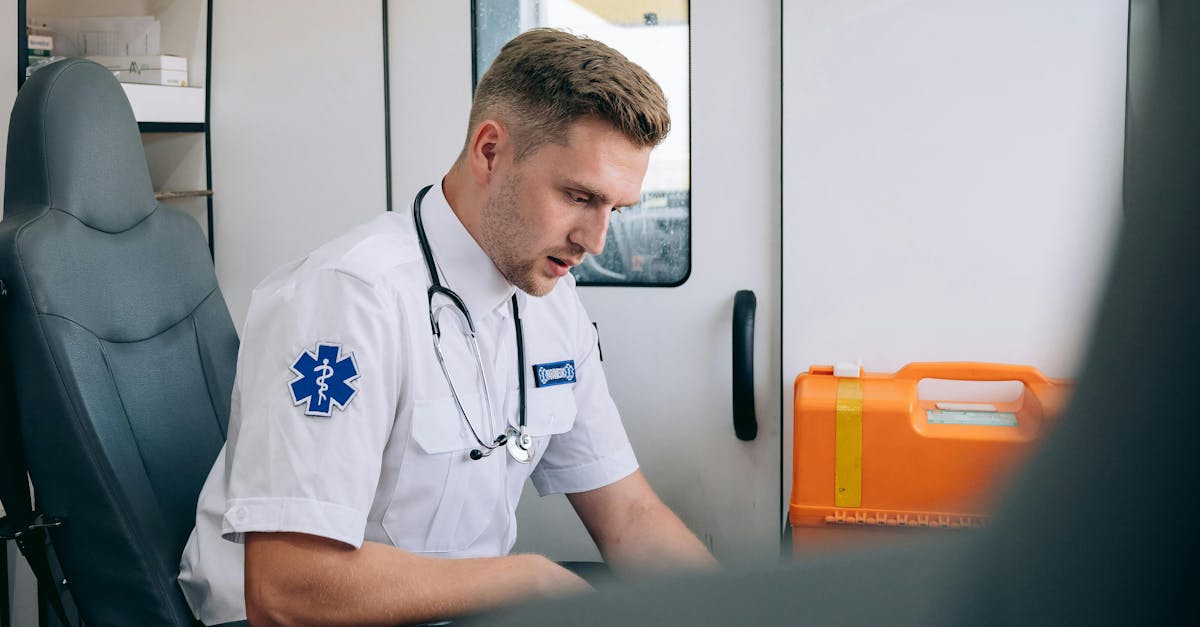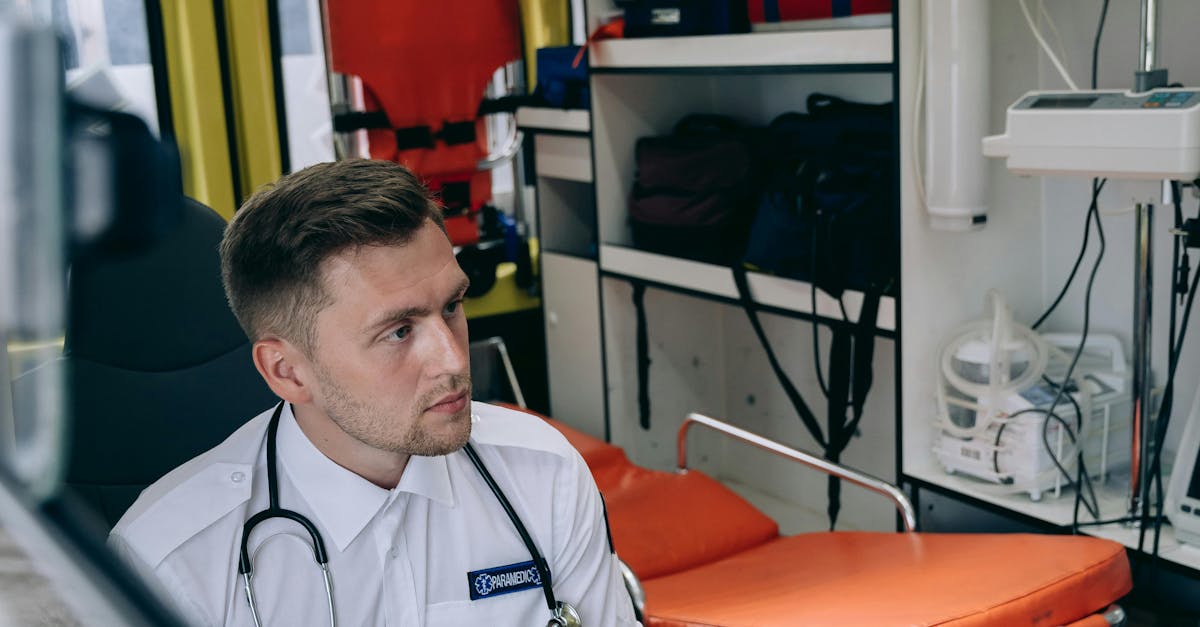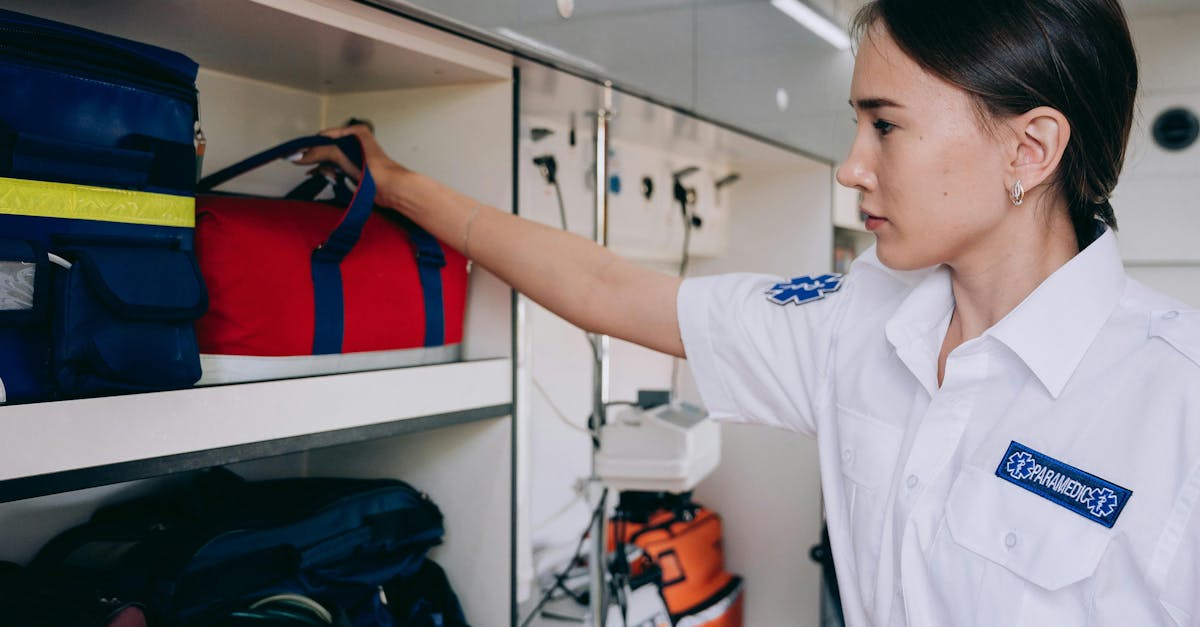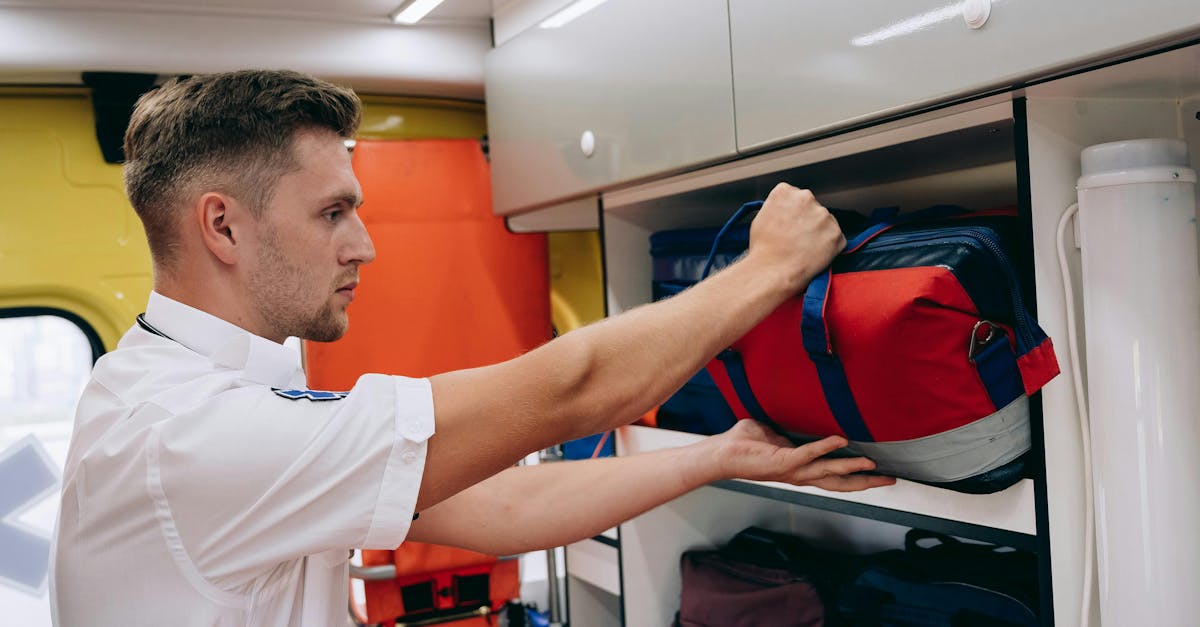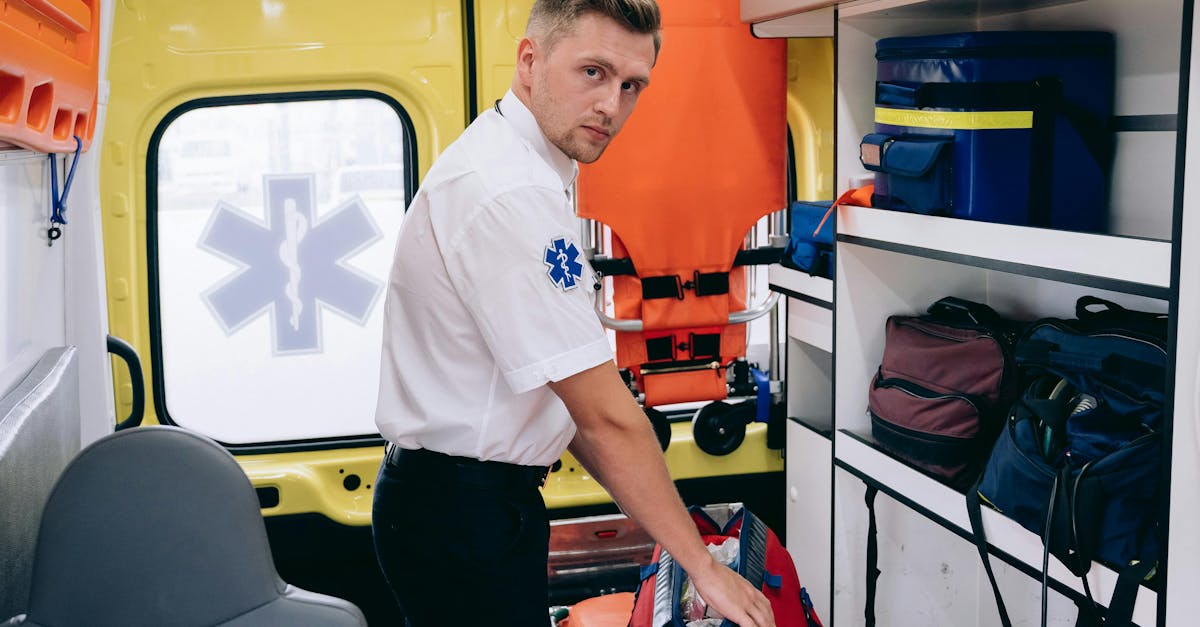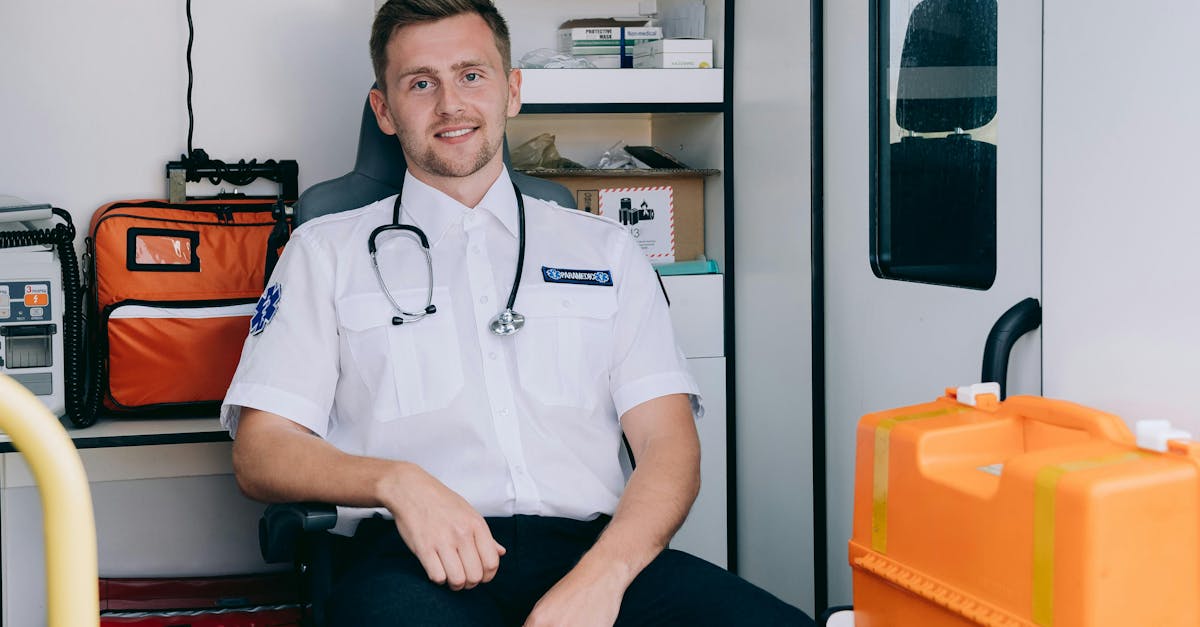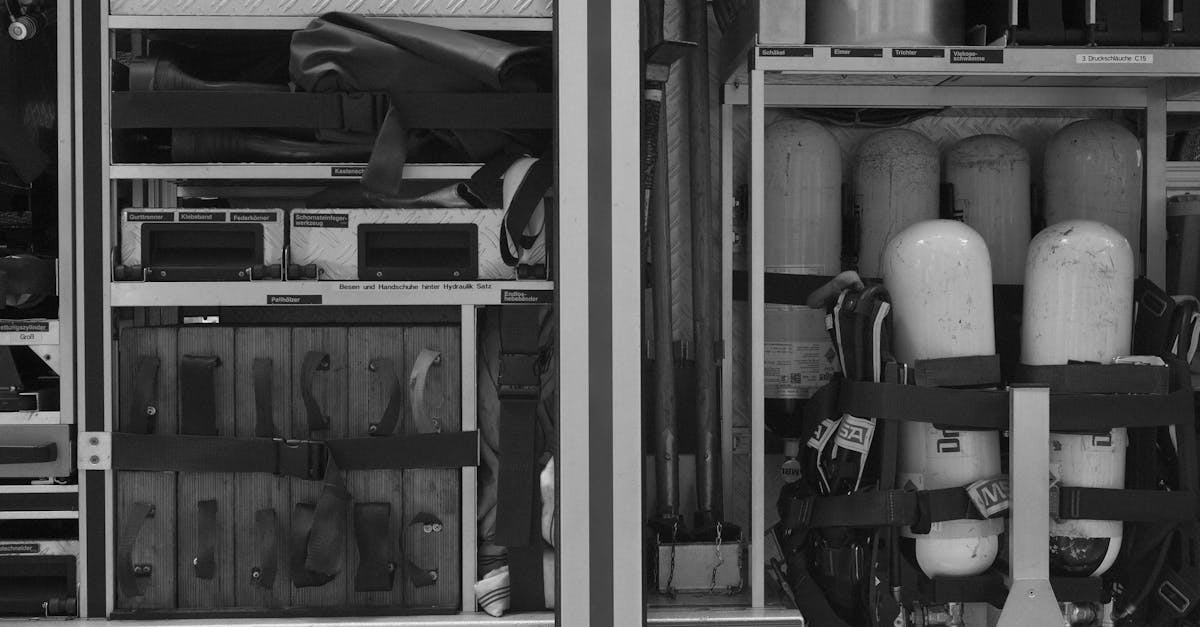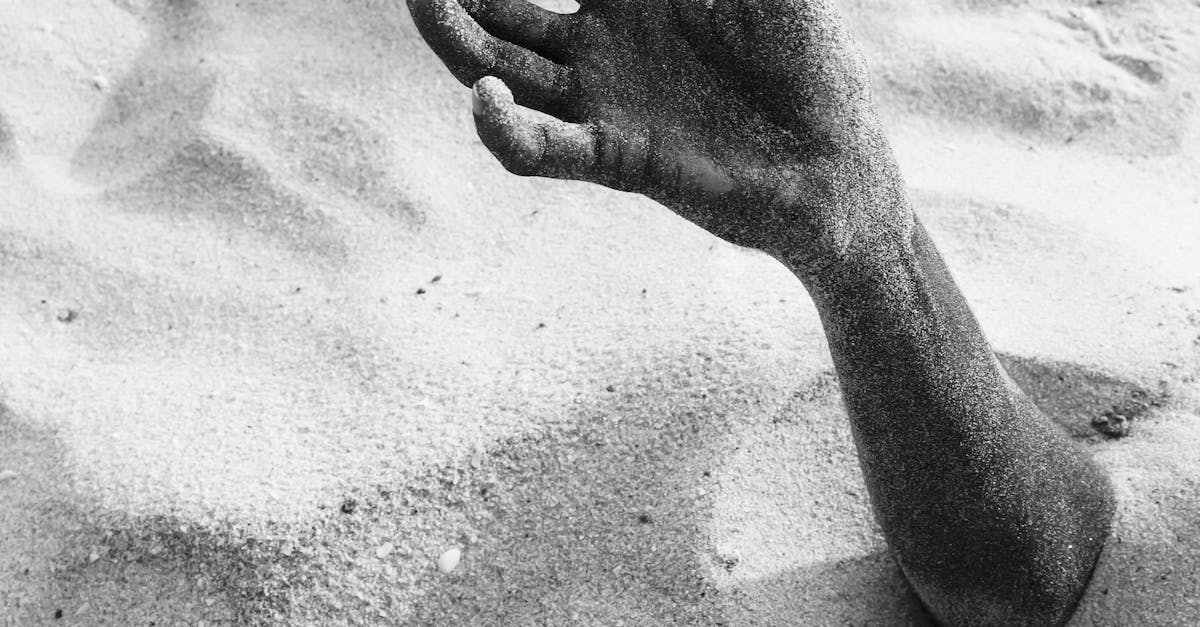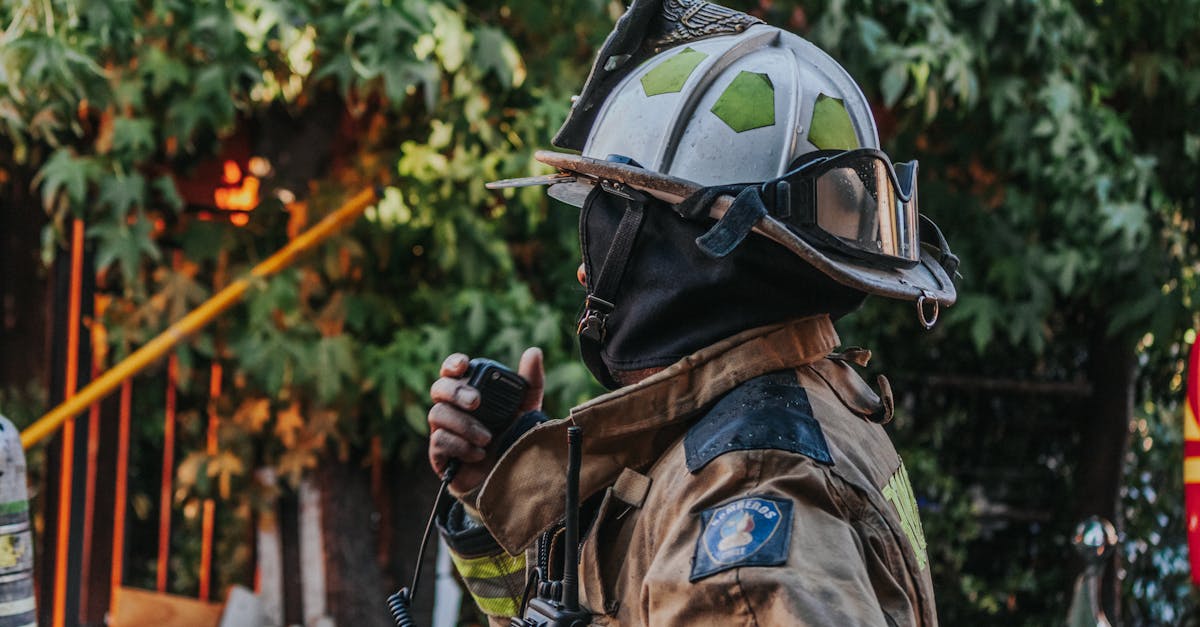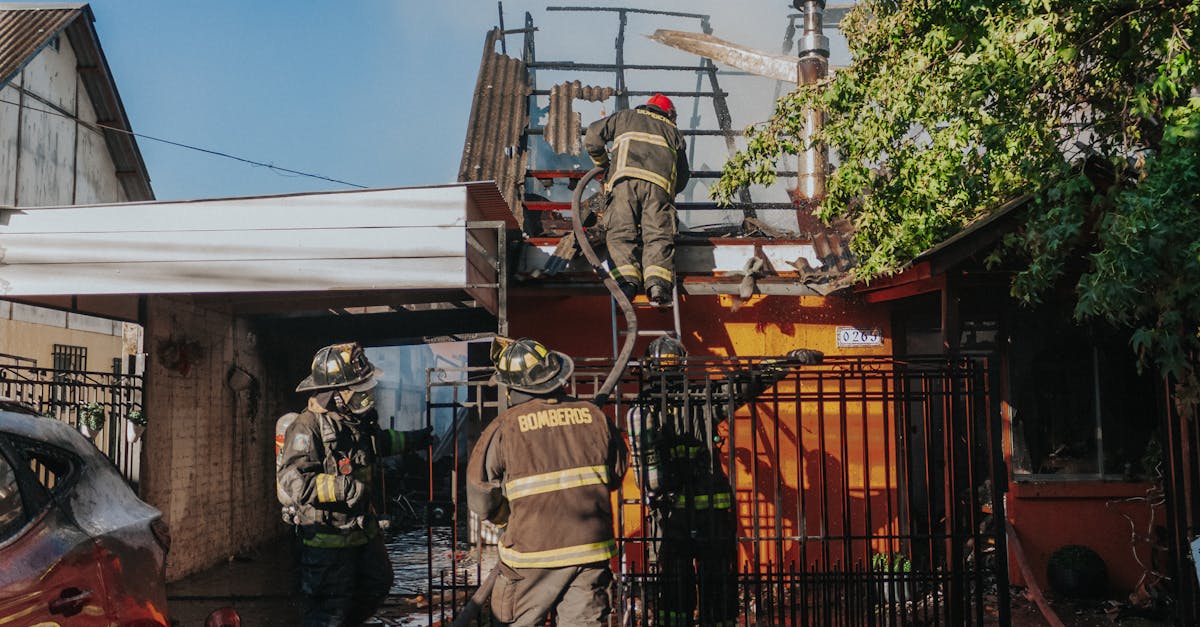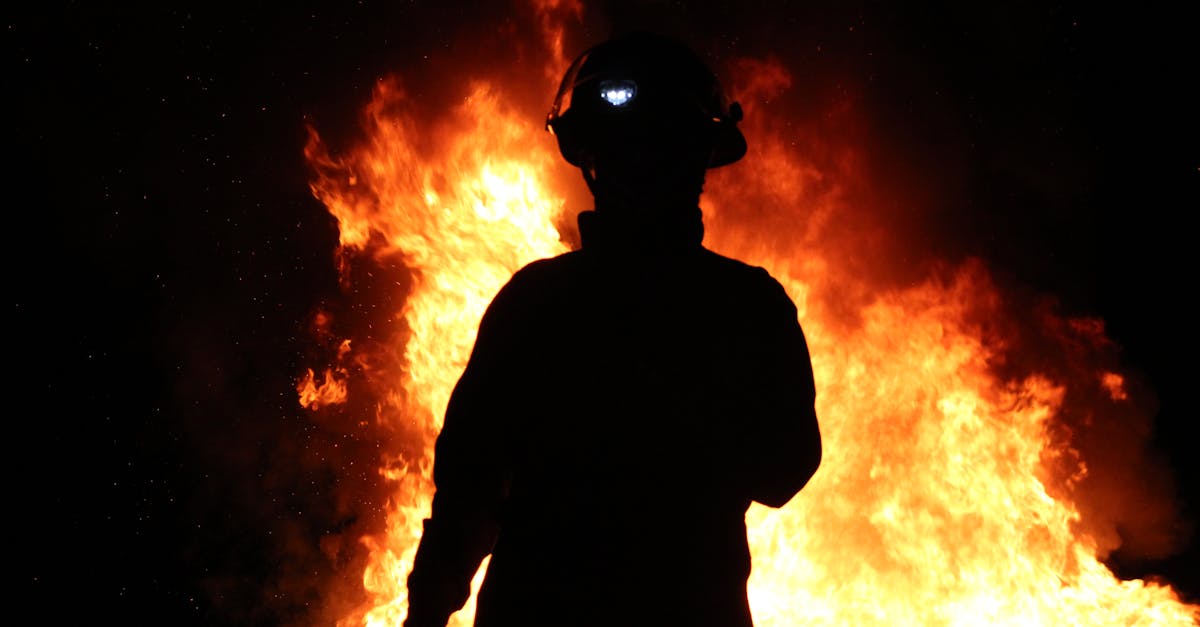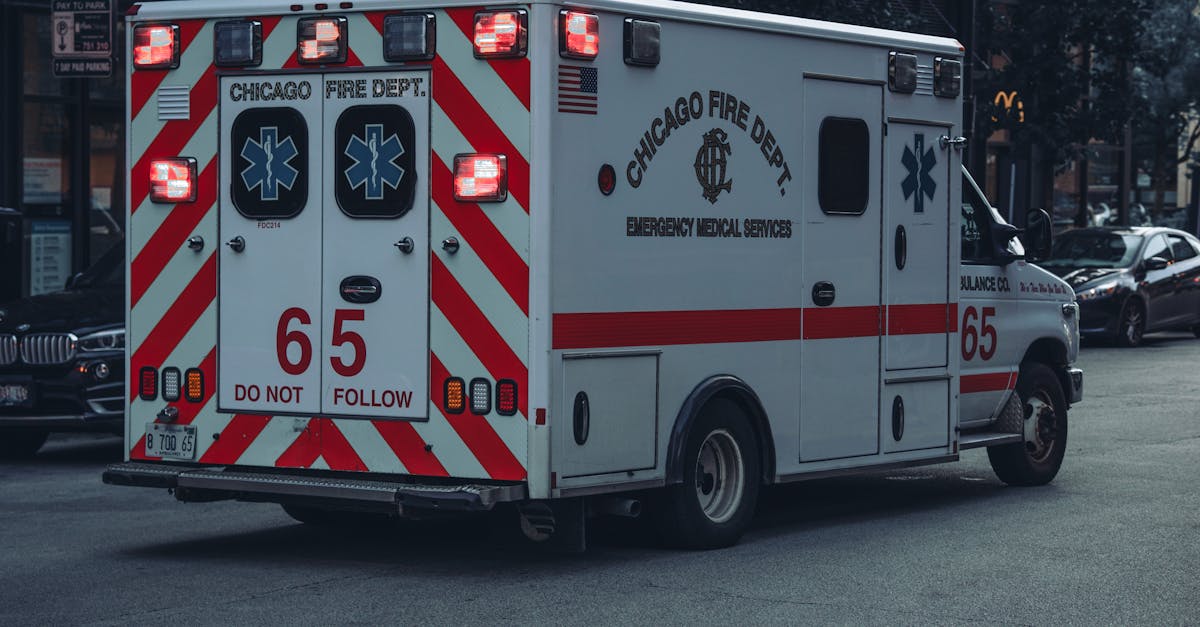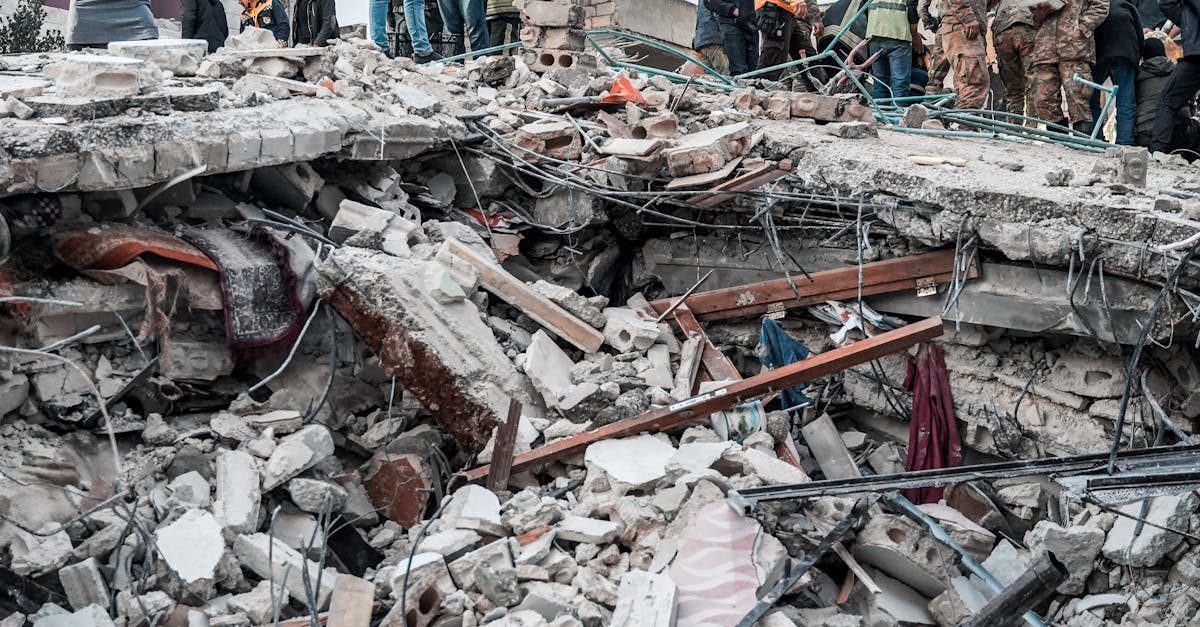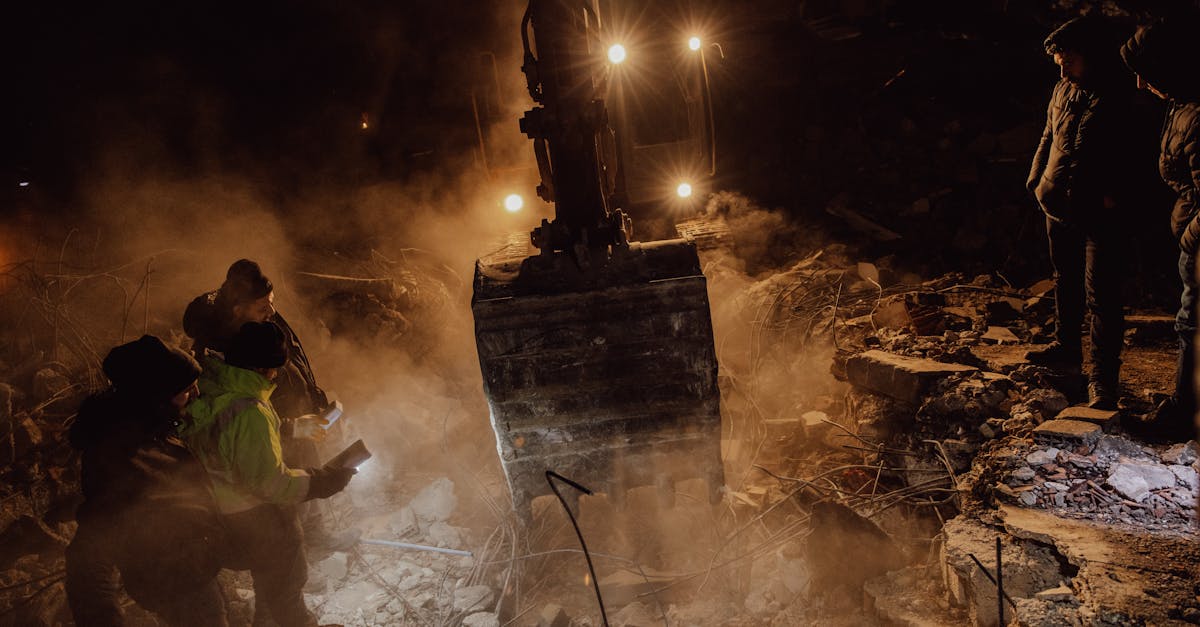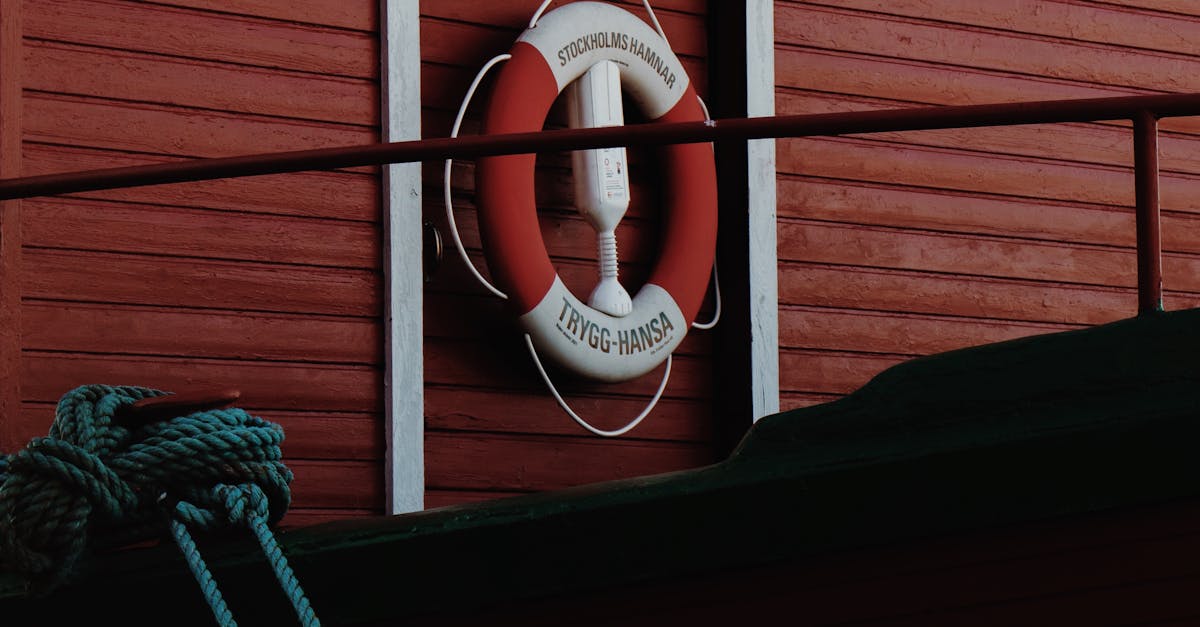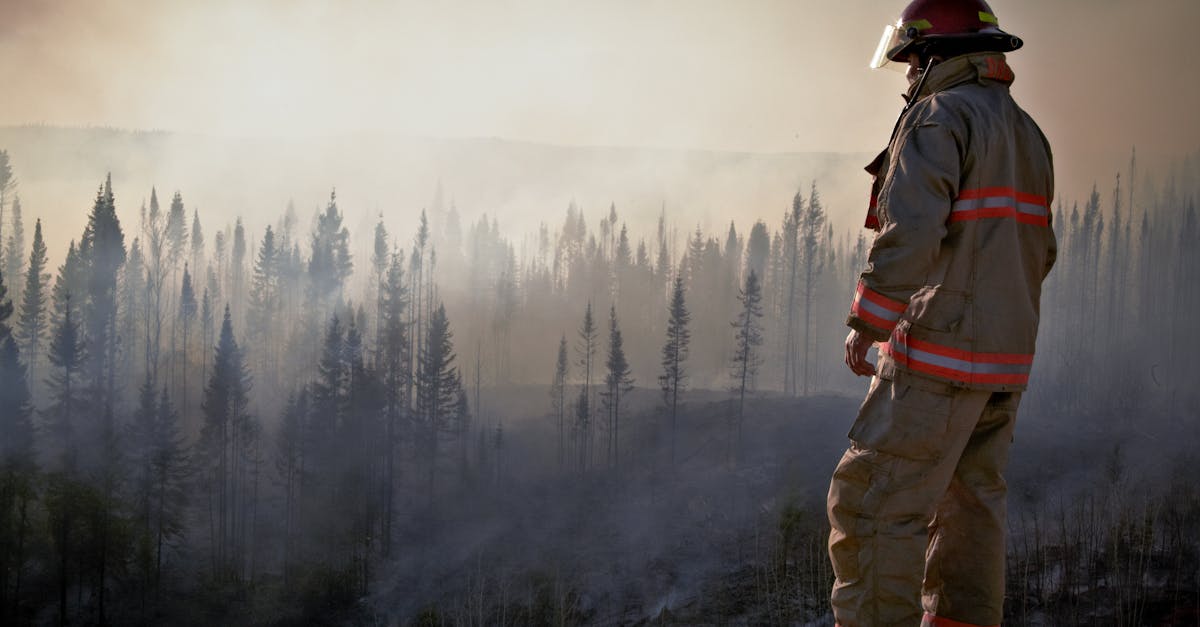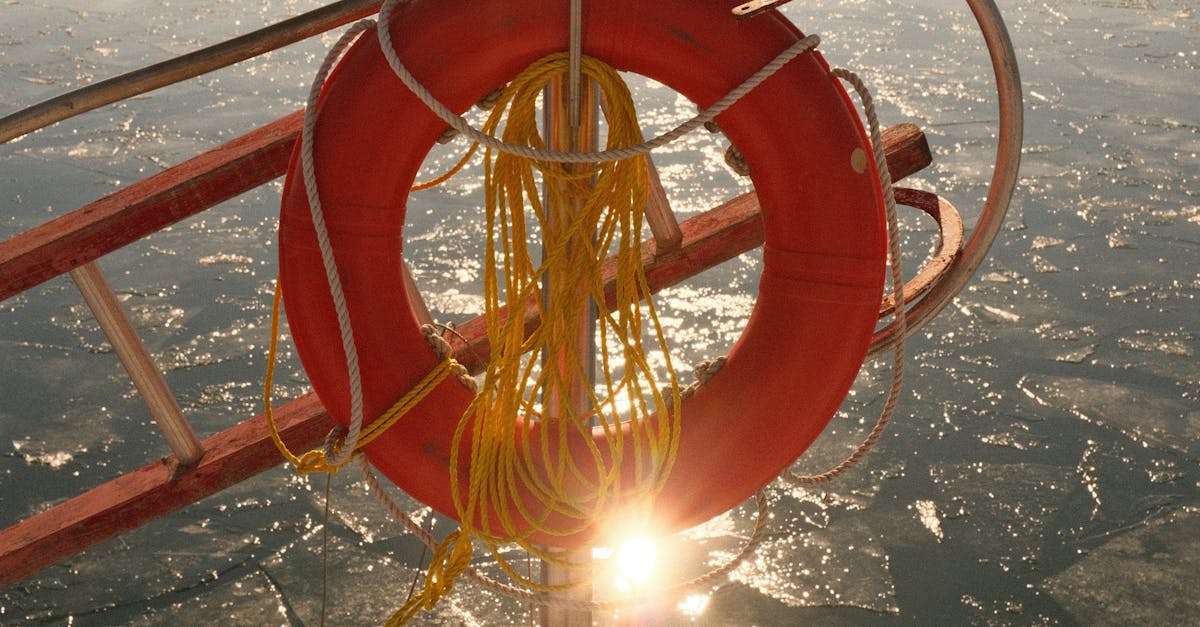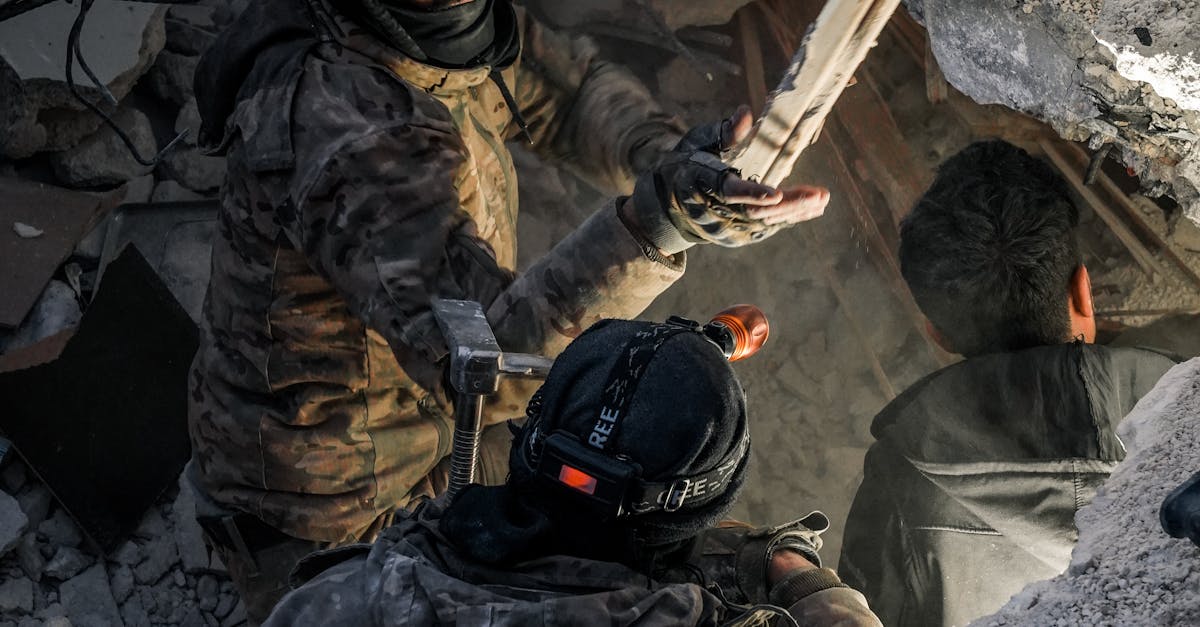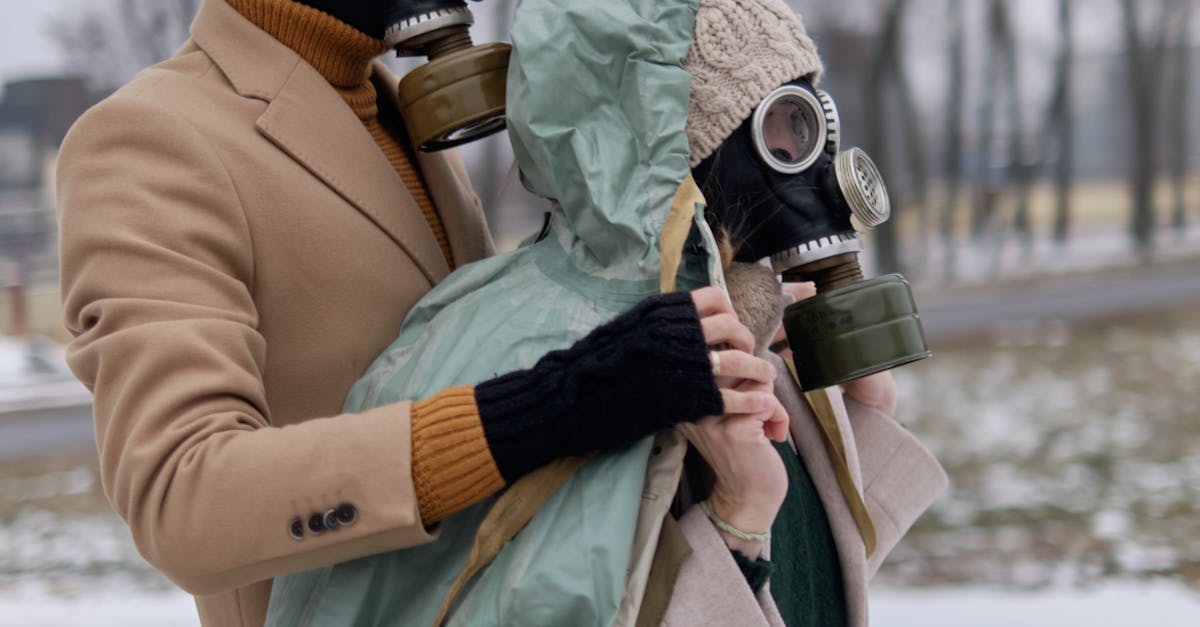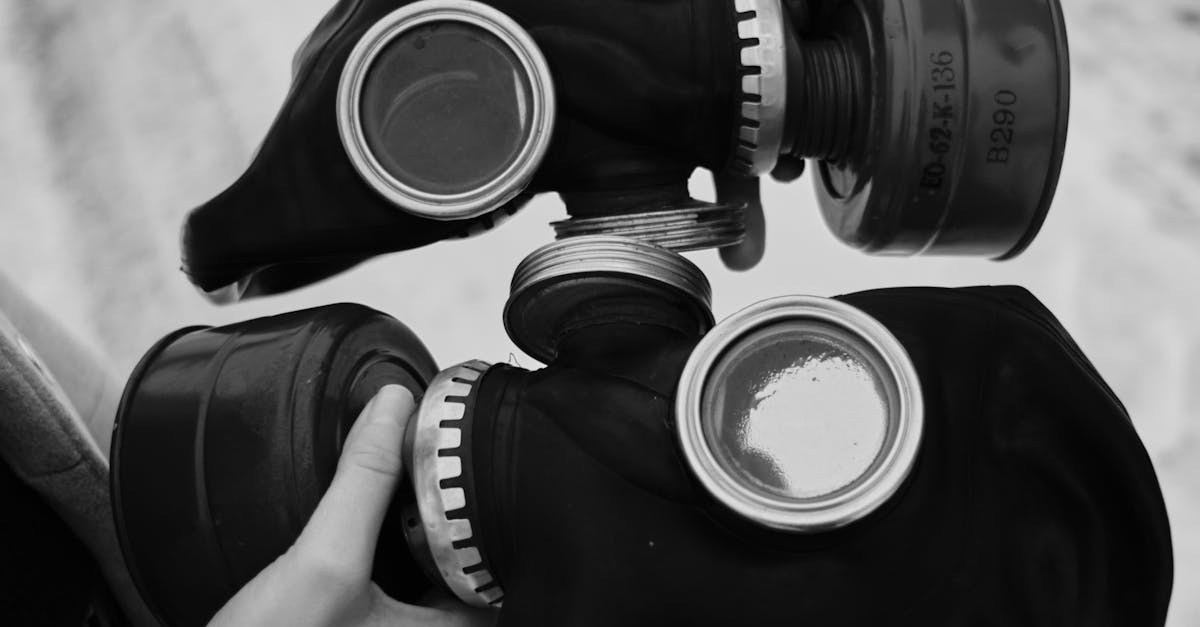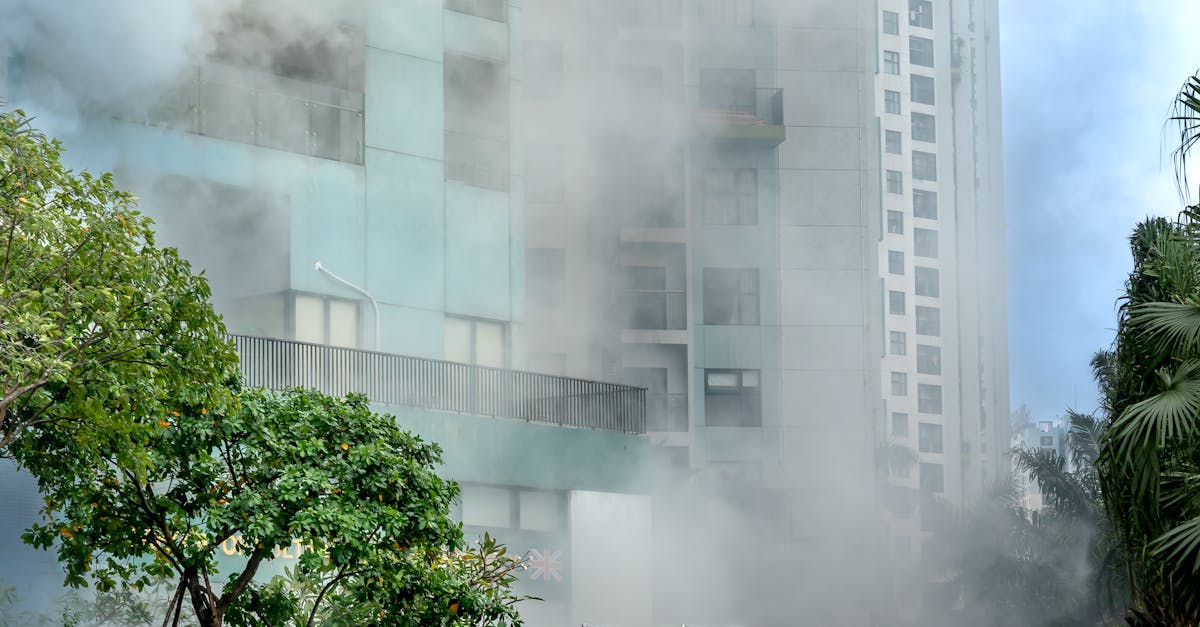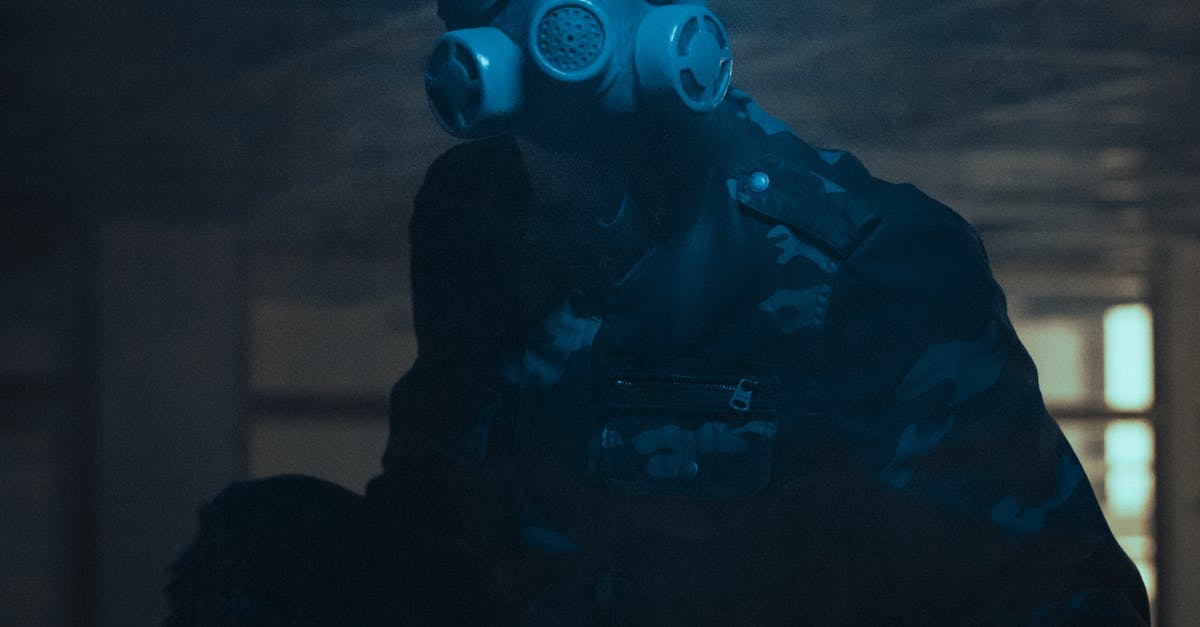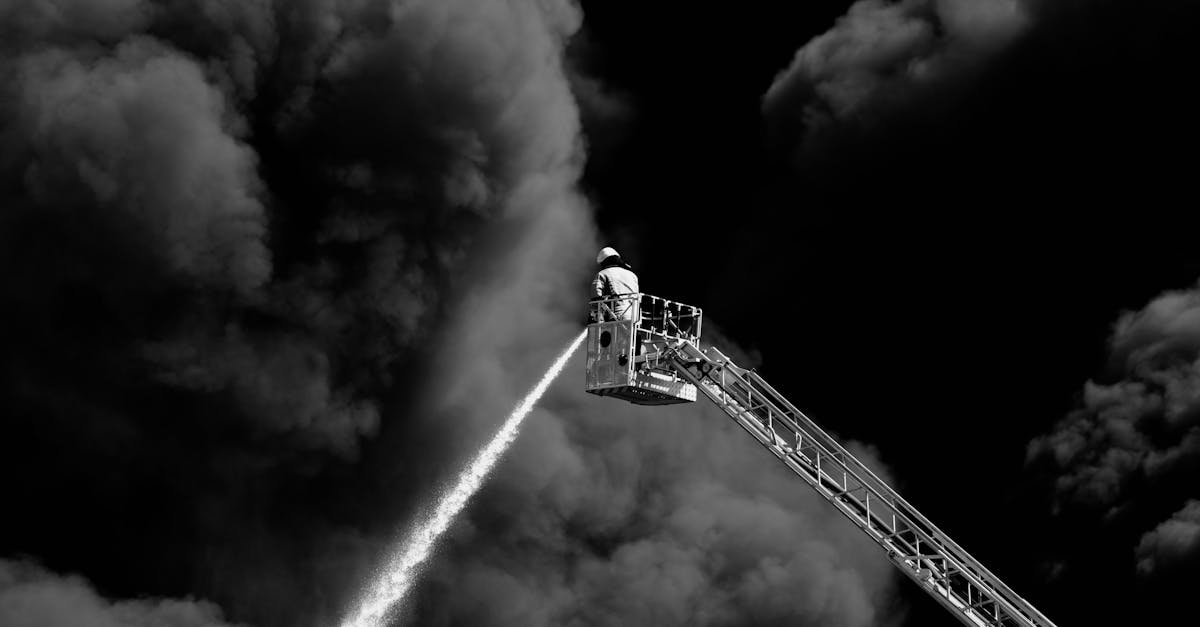
Table Of Contents
Longterm Consequences
A burst pipe can have significant long-term consequences that go beyond the immediate inconvenience of water damage. If not addressed promptly, the resulting moisture can lead to structural problems within a home. Prolonged exposure to water can weaken foundations, cause timber to rot, and promote mould growth. These issues not only compromise the integrity of a building but can also lead to costly repairs over time.
Ignoring the aftermath of a pipe burst can also pose health risks for occupants. Damp conditions can create an ideal environment for mould and mildew, which are known to exacerbate respiratory problems and allergies. In such scenarios, contacting a burst pipe plumber is crucial to not only fix the immediate issue but also to ensure that any resulting damage is properly managed. Ensuring all aspects of the repair are tackled can prevent further complications down the line.
Potential Structural and Health Risks
A pipe burst can lead to significant structural damage, especially if the water is allowed to pool in areas where it can weaken the foundation or compromise walls. The sheer force of the water can erode support beams and flooring materials, leading to costly repairs beyond the immediate leak. Areas of the home that are particularly vulnerable include basements and crawl spaces, where water can accumulate unnoticed. Hiring a burst pipe plumber is essential to address the issue quickly and mitigate further damage to your home.
Health risks also arise from a burst pipe, primarily due to mould and mildew growth in damp areas. These fungi can develop within 24 to 48 hours in the right conditions, posing threats to indoor air quality and potentially leading to respiratory problems. Stagnant water can also attract pests, which may introduce additional health hazards. It is advisable to call in a burst pipe plumber not only to repair the damage but also to assess any health risks that may result from water exposure.
Preventive Measures
Regular maintenance of plumbing systems plays a crucial role in preventing pipe bursts. Homeowners should inspect their pipes periodically for signs of wear or damage, such as corrosion, leaks, or unusual noises. Ensuring that insulation is properly applied, especially in colder areas, can help protect pipes from freezing and subsequently bursting. Additionally, being mindful of water pressure can also mitigate the risk of stress on pipes.
Installing a water monitoring system can provide early warning signs of leaks or excessive moisture. This proactive approach allows for immediate action, reducing the chances of significant damage. In the event of a potential issue, consulting with a burst pipe plumber can offer professional insight and solutions to reinforce the integrity of your plumbing system. Prioritising these preventive measures will save homeowners from costly repairs and lengthy disruptions in the future.
How to Avoid Future Pipe Bursts
Regular maintenance of your plumbing system is essential for preventing pipe bursts. Homeowners should inspect their plumbing for signs of wear and tear, such as corrosion or leaks. Pipe insulation is particularly important in colder climates, as uninsulated pipes are more susceptible to freezing and ultimately bursting. Keeping an eye on water pressure can also help identify potential issues before they escalate. High water pressure can stress pipes, increasing the risk of failure over time.
Investing in professional services can significantly reduce the likelihood of a burst pipe. Engaging a burst pipe plumber for routine checks and maintenance can provide peace of mind. They can identify vulnerabilities within the plumbing system that may not be apparent to the untrained eye. Furthermore, they can recommend upgrades or replacements for outdated or damaged pipes. Taking proactive measures will ultimately protect your home from the costly consequences of a pipe failure.
Professional Help
When a pipe bursts, it is essential to seek professional help immediately to mitigate damage and ensure safety. A burst pipe plumber can assess the situation, identify the root cause, and implement necessary repairs. Attempting to fix a significant plumbing issue without expertise can lead to further complications, increasing repair costs and potential damage to the property.
Finding a reliable burst pipe plumber involves checking qualifications, experience, and customer reviews. Many plumbers offer 24/7 emergency services, allowing homeowners to address urgent situations promptly. Engaging a professional not only provides peace of mind but also ensures that any repairs are completed to a high standard, protecting your home from future plumbing disasters.
When to Call a Plumber
Identifying the signs of a plumbing issue early on can save you significant headaches down the line. If you notice damp spots on walls or ceilings, an increase in water bills, or a sudden drop in water pressure, it's essential to act quickly. These can indicate a leak or break in the pipes. Engaging a burst pipe plumber at the first sign of trouble ensures that the issue is addressed before it escalates into a more severe situation, potentially causing extensive damage to your property.
It’s also advisable to call a plumber if you experience frequent clogs or slow drains. While some minor blockages can be cleared with home remedies, persistent issues often point to underlying problems within the plumbing system. A qualified burst pipe plumber can not only resolve immediate concerns but also provide insights into the overall health of your plumbing, helping to avert future incidents.
FAQS
What are the long-term consequences of a pipe burst?
A pipe burst can lead to significant long-term consequences such as structural damage to your property, mould growth, and potential health risks due to dampness and water contamination.
What structural risks can a pipe burst cause?
A burst pipe can weaken the foundation of your home, damage walls and ceilings, and compromise the integrity of flooring, all of which may require costly repairs.
How can I prevent future pipe bursts?
To avoid future pipe bursts, you can regularly inspect your plumbing system, insulate pipes during colder months, maintain water pressure at safe levels, and avoid pouring grease or non-biodegradable materials down drains.
When should I call a plumber for a burst pipe?
It's advisable to call a plumber immediately if you notice signs of a burst pipe such as sudden water leaks, significant drops in water pressure, or unusual sounds coming from your plumbing system.
Are there health risks associated with a burst pipe?
Yes, a burst pipe can lead to mould growth and water contamination, both of which pose serious health risks, especially for individuals with allergies, asthma, or weakened immune systems.
